Top 11 Foods That May Cause Acne + Foods For Clear Skin
Simple changes in your dietary habits can give you clear, glowing, and healthy skin.
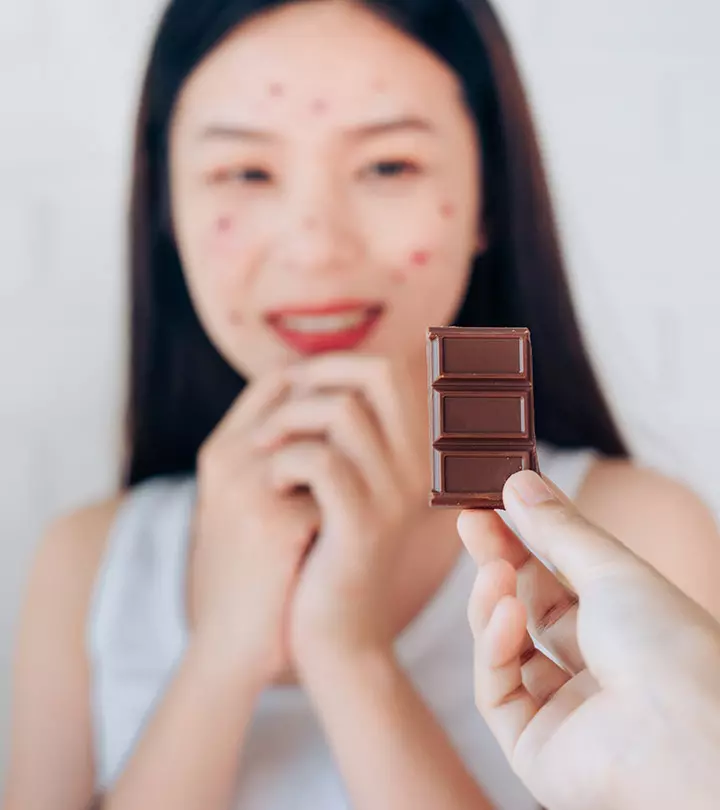
Image: Shutterstock
The relationship between food and acne is controversial. There are contradicting studies in this regard, with some even claiming to have zeroed in on foods that cause acne. However, we know that our nutrient intake impacts our skin health, and our diet plays a major role in maintaining our skin (1).
While food alone cannot cause acne, certain foods can worsen your existing acne – and more research is required to establish the connection. However, we have listed foods that may trigger acne and worsen the condition. Scroll down to know what foods cause acne.
A study conducted in France tried to determine whether diet has any impact on the prevalence of acne in adults. Out of 24,452 participants, 11 324 (46%) reported past or current acne, 3576 (32%) believed diet was a factor, 3503 (31%) believed diet was not a factor, and 4195 (37%) were unsure of whether diet was a factor. It showed that acne can occur 1.43 and 3.90 times more due to carbohydrate and saturated fat intake respectively.
While food alone cannot cause acne, certain foods can worsen your existing acne – and more research is required to establish the connection.
In This Article
List Of Top Foods That Cause Acne
1. Refined Grains And Sugar

A study involving 64 participants with moderate to severe acne found that those with acne consumed a greater amount of carbohydrates. Moreover, these participants with acne also had high amounts of insulin-like growth factor-1 (a hormone that causes high sebumi An oily substance secreted by the sebaceous glands to keep the skin moist and prevent it from drying. production, which usually peaks during pubertyi The series of physical changes, usually between the ages of 10 and 15, through which a child becomes capable of sexual reproduction. ) (2).

Another study found that frequent intake of sugar could lead to acne development in adolescentsi The transitional phase of growth and physiological development between childhood and adulthood. (3).
 Quick Tip
Quick TipFood containing refined grains and sugar include:
- White rice
- Rice noodles, pasta, and noodles made of white flour
- Bread, cereals, cakes, pastries, and cookies made of white flour
- Sugary beverages
- Sweeteners such as honey, maple syrup, cane sugar
2. Dairy Products
A study reviewing the high school diet of 47,355 women found a positive connection between acne and intake of whole and skimmed milk. Other dairy products, such as cream cheese and cottage cheese, were also found to worsen acne (4).
Another case-control study evaluated 44 individuals with acne vulgaris and 44 controls for three months. They found that individuals with acne more often ate food with a high glycemic indexi The value assigned to food based on how quickly and how much it can increase blood glucose levels. load compared to the controls. They drank milk and had ice cream more frequently than the controls (5).
A beauty blogger who had a history of severe acne spoke about how milk had been a major culprit. She said, “Cutting cow milk out a few years ago cleared up 90% of my body acne and I always attributed this to the positive effects of reducing my hormone consumption (i).”
3. Fast Food Or Junk Food
A study evaluating the prevalence of acne in adolescents found that those with acne lacked healthy dietary habits. The researchers concluded that frequent intake of fast foods like fatty foods, burgers, sausages, cakes, pastries, and sugar might increase the risk of acne or aggravate it (3).
4. Foods With High Levels of Omega-6 Fats
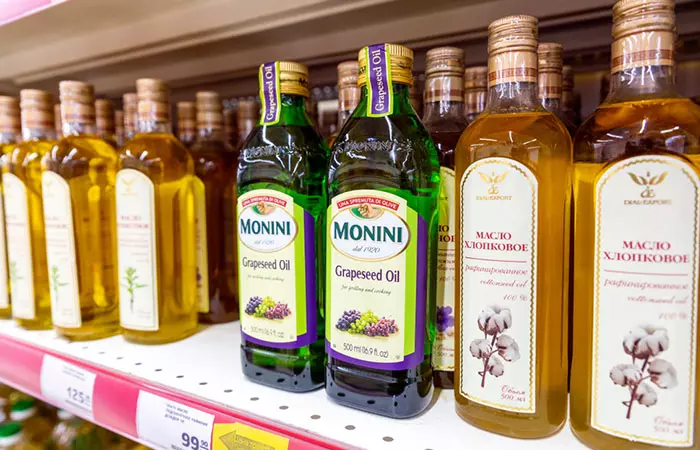
A typical western diet contains high levels of omega-6 fatty acids and lower levels of omega-3s. Omega-6 fatty acids are found in most of the vegetable and cooking oils, and most processed foods are cooked in these oils (6).
You don’t have to eliminate the intake of omega-6 fats. You can control your consumption of processed foods and foods made in vegetable oils. Choose oils that are low in omega-6 fatty acids. These include olive oil, coconut oil, and palm oil. Avoid intake of oils high in omega-6 fatty acids, including sunflower, soybean, and cottonseed oils.
5. Whey Protein Powder
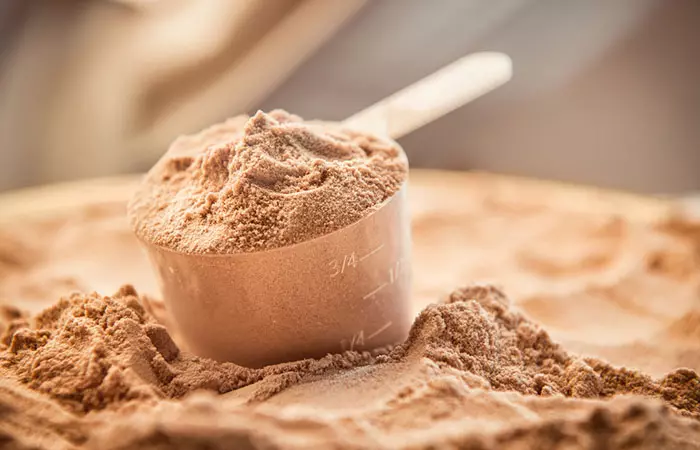
Whey protein is the liquid left behind after the milk is curdled and separated during the cheese-making process. Although whey is rich in amino acids, whey protein has been linked to increased acne in gym-going adolescents who take it. Though the acne (especially on the trunk) could be caused only by perspiration, more research is warranted to establish the causes (7).
Milk and milk products can increase IGF-1 receptors and the production of hormones like progesterone and estrogen (8). It is believed that they may contribute to acne, though more research is warranted to understand the mechanism behind it.
6. Non-Organic Meat
Natural or synthetic steroid hormone drugs (including progesterone, estrogen, and testosterone) are often used to increase the growth rate of animals. This is done to get them ready faster for human consumption and has been approved by the FDA (9).
Consuming such meats may also trigger acne by increasing the action of androgensi A group of sex hormones that regulate the development and maintenance of male characteristics. and Insulin-like Growth Factor-1 (IGF-1) (10).
7. Caffeine And Alcohol

A study states that coffee reduces insulin sensitivity (11). This means your blood sugar levels stay high for a longer period than usual after you drink coffee. This may increase inflammation and worsen your acne.
Another study evaluated the diet of Kitavan people who did not have acne. Their diet involved the minimal intake of coffee, alcohol, sugar, oils, and dairy products (10).
 Quick Tip
Quick Tip8. Canned Food
Frozen, canned, and pre-cooked meals can be considered processed foods. These often contain added ingredients, such as sweeteners, oils, spices, and preservatives, which are used as flavorings. Ready-to-eat foods and excessively sugary or spicy foods are usually heavily processed and can contribute to acne (10).
9. Fried Food
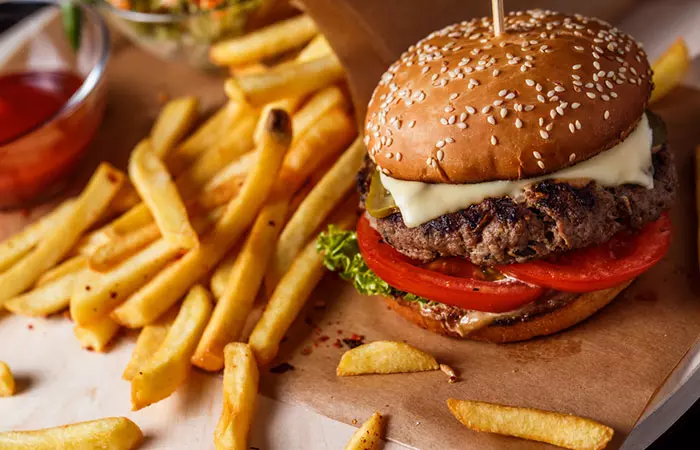
Potato chips, fries, burgers, and other processed and fried foods can also cause acne. These also include other high-glycemic foods that raise your blood sugar levels quickly, causing inflammatory conditions like acne (10).
10. Energy Drinks
Energy drinks contain high levels of sugar and can increase blood glucose levels (12). In one study, intake of sugar from soft drinks was found to increase acne risk Any sugary drink can increase your risk of acne (13). Hence, So avoid drinking excessive amounts of sugary energy drinks and soft drinks.
11. Chocolate
One common question that has often circulated on the internet is, “does chocolate cause acne?” Now, research indicates that the intake of chocolate is associated with an increase in the severity of acne in people with acne-prone skin (14). A study conducted by Chulalongkorn University, Thailand found that the consumption of 25 grams of 99% dark chocolate for 4 weeks increased the number of acne lesions in acne-prone male subjects (15). Another study published in the Journal of Clinical and Aesthetic Dermatology observed that the consumption of dark chocolate can increase the risk of acne development by promoting bacterial colonization on the surface of facial skin (16). However, it is unclear if these effects alone are sufficient to trigger acne development and more research is warranted in this regard.
While none of the studies are conclusive, and there is a need for more research, avoiding certain foods is more likely to help reduce the risk of acne. At the same time, adding certain other foods to your diet can help make your skin clear and healthy.
Key Takeaways
- Foods with high a glycemic index, such as sugary snacks or white bread, can spike insulin levels and increase sebum production.
- Fried, processed, and canned food can increase inflammation which can cause acne.
- Dairy products, caffeine, alcohol, chocolate are also known to trigger acne.
- For keeping skin clear, it is advised to consume probiotics, green tea, and food rich in vitamins and omega 3 fatty acids.
What To Eat To Keep Your Skin Clear
Here are a few foods that you can add to your diet to keep your skin clear and potentially prevent acne:
1. Foods Rich In Omega-3 Fatty Acids
Unlike omega-6 fatty acids, omega-3 fatty acids have anti-inflammatory properties. Those on a diet high in omega-3 fatty acids were found to have lower levels of acne (17). Hence, eat more foods like salmon, sardines, herring, canola oil, and other fish, like tuna, catfish, shrimps, and clams. These help increase your intake of the omega-3 fats.
2. Probiotics
Probioticsi Live bacteria that live in our body, keep us healthy, and are especially important for gut health. produce antibacterial proteins and inhibit the growth of P. acnes and S.aureus bacteria (18). Both these bacteria are known to cause acne.
3. Green Tea
Green tea contains polyphenolsi A group of chemical compounds that naturally occur in plant-based foods and have antioxidant properties. that act as anti-inflammatory and antimicrobiali Substances that help eliminate microorganisms like bacteria and mold to prevent diseases from spreading. agents. Some evidence shows that these polyphenols help reduce excess sebum production and inhibit the growth of P. acnes (19).
4. Turmeric
Turmeric contains curcumin, a compound responsible for its therapeutic benefits. Whether you take it orally or apply it topically, turmeric can help in the treatment of skin conditions like acne (20).
5. Foods Rich In Vitamins A, D, E, And Zinc
These vitamins help maintain skin health. A deficiency of these essential vitamins could often lead to acne (21, 22, 23). You can consume eggs, broccoli, fatty fish like mackerel and tuna, nuts and seeds, and legumes.
6. The Mediterranean Diet
The Mediterranean diet involves a high intake of proteins, fresh vegetables, whole grains, herbs, spices, seafood, seeds, legumes, and extra virgin olive oil. Foods like cheese, poultry, and eggs are eaten in moderation, while processed foods, refined grains, and sugary beverages are to be excluded completely. Following the Mediterranean diet was found to reduce the risk of acne (24). If you are allergic to gluten you may have millet as a healthy whole-grain option.
Diet plays a crucial role in maintaining overall skin health. A holistic approach is necessary to reduce acne and boost skin health. Yes, it can be difficult to make dietary changes, but you can always start slow. Try cutting down on junk food and follow a balanced lifestyle to achieve clearer skin.
Aside from a healthy diet, ideal water intake is also important. Staying hydrated is crucial for healthy skin. Drinking sufficient water helps flush out toxins, keeps skin moisturized, and may reduce acne (25). Aim for at least 8 glasses of water daily to support your skin’s natural healing processes.
Infographic: Tips To Manage Acne
Following a diet rich in refined foods, junk foods, and caffeine can increase the risk of developing acne. That is why it is important to make changes to your diet to reduce breakouts. For example, consuming yogurt and fruits can decrease flare-ups and improve your skin texture. Additionally, following a proper skin care routine can improve your overall skin health.
Check out the infographic below to know more. Illustration: StyleCraze Design Team
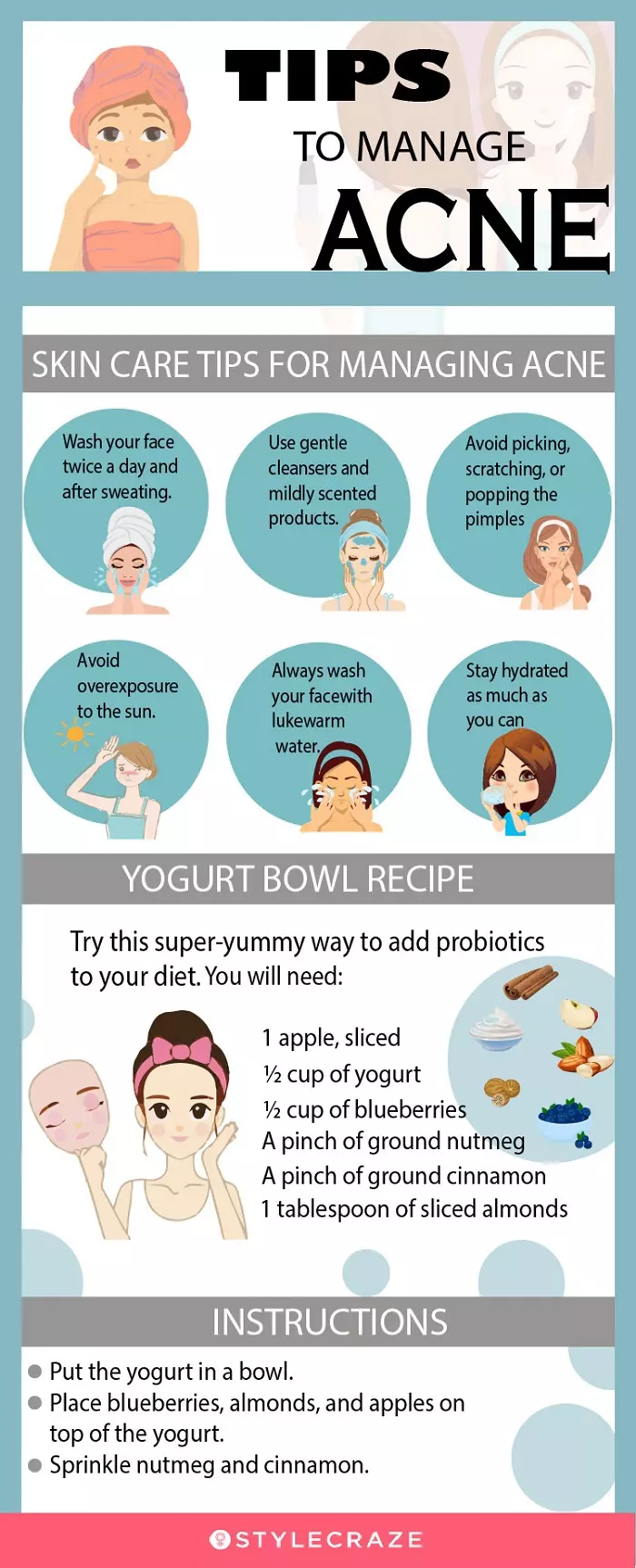
The importance of diet in maintaining overall skin health cannot be overstated. A comprehensive approach is required to decrease acne and improve skin health. Yes, making dietary adjustments might be challenging, but you can certainly start slowly. Try limiting your junk food intake and living a healthy lifestyle to attain smoother skin. If you don’t notice an improvement after using proper skin care, making dietary adjustments, and resorting to over-the-counter therapies, you should consult your doctor. Early therapy can boost your self-esteem while also preventing scars.
Frequently Asked Questions
Do eggs cause acne?
No. There is no evidence to prove that eggs cause acne. However, many people may not tolerate eggs and can be allergic to them, which may trigger inflammation. As a result, you may notice acne flare-ups
Does acne go away naturally?
In most cases, acne goes away naturally at the end of puberty, but some people still have acne in adulthood.
Can I eat yogurt if I have acne?
While milk may cause acne, no scientific evidence suggests a connection between acne and milk products like yogurt. You may consume yogurt. However, if you notice flare-ups, discontinue consuming it and consult a doctor.
At what age does acne stop?
Acne usually clears up when you’re in your 20s, but some people may struggle with adult acne even when they are over 30 (26).
Does chicken cause acne?
No evidence shows that consuming fresh chicken causes acne. However, processed meat, including chicken, beef, and pork, may trigger breakouts (27). Therefore, avoid consuming processed and pre-cooked packaged chicken products.
Are you struggling with acne? Check out this video to learn about the 10 foods that aggravate this condition and how your diet can help you achieve clear skin.
Personal Experience: Source
StyleCraze's articles are interwoven with authentic personal narratives that provide depth and resonance to our content. Below are the sources of the personal accounts referenced in this article.
i. RAMBLINGS: MY ACNE TRIGGERShttps://duckymuffin.blogspot.com/2017/01/ramblings-my-acne-triggers.html
References
Articles on StyleCraze are backed by verified information from peer-reviewed and academic research papers, reputed organizations, research institutions, and medical associations to ensure accuracy and relevance. Read our editorial policy to learn more.
- The relationship of diet and acne: A review, Dermato-endocrinology, US National Library of Medicine, National Institutes of Health.
https://www.ncbi.nlm.nih.gov/pmc/articles/PMC2836431/ - Differences in Dietary Glycemic Load and Hormones in New York City Adults with No and Moderate/Severe Acne, Journal of the Academy of Nutrition and Dietetics, US National Library of Medicine, National Institutes of Health.
https://pubmed.ncbi.nlm.nih.gov/28606553/ - Acne: prevalence and relationship with dietary habits in Eskisehir, Turkey, Journal of the European Academy of Dermatology and Venereology, US National Library of Medicine, National Institutes of Health.
https://pubmed.ncbi.nlm.nih.gov/22070422/ - High school dietary dairy intake and teenage acne., Journal of American Academy of Dermatology, US National Library of Medicine, National Institutes of Health.
https://pubmed.ncbi.nlm.nih.gov/15692464/ - High glycemic load diet, milk and ice cream consumption are related to acne vulgaris in Malaysian young adults: a case control study, BMC Dermatology, US National Library of Medicine, National Institutes of Health.
https://pubmed.ncbi.nlm.nih.gov/22898209/ - Acne and diet: truth or myth? Anais Brasileiros de Dermatologia, SciElo.
https://www.scielo.br/j/abd/a/Z3dZJSC3bd3V6CvSR3n5V4h/?lang=en - Acne located on the trunk, whey protein supplementation: Is there any association? Health Promotion Perspectives, US National Library of Medicine, National Institutes of Health.
https://www.ncbi.nlm.nih.gov/pmc/articles/PMC5350548/ - Hormones in Dairy Foods and Their Impact on Public Health – A Narrative Review Article, Iranian Journal of Public Health, US National Library of Medicine, National Institutes of Health.
https://www.ncbi.nlm.nih.gov/pmc/articles/PMC4524299/ - Steroid Hormone Implants Used for Growth in Food-Producing Animals, US Food and Drug Administration.
https://www.fda.gov/animal-veterinary/product-safety-information/steroid-hormone-implants-used-growth-food-producing-animals - Significance of diet in treated and untreated acne vulgaris, Postepy dermatologii i alergologii, US National Library of Medicine, National Institutes of Health.
https://www.ncbi.nlm.nih.gov/pmc/articles/PMC4884775/ - Caffeinated coffee consumption impairs blood glucose homeostasis in response to high and low glycemic index meals in healthy men.” The American Journal of Clinical Nutrition, US National Library of Medicine, National Institutes of Health.
https://pubmed.ncbi.nlm.nih.gov/18469247/ - The Effect of Acute Consumption of Energy Drinks on Blood Pressure, Heart Rate and Blood Glucose in the Group of Young Adults, International Journal of Environmental Research and Public Health, US National Library of Medicine, National Institutes of Health.
https://www.ncbi.nlm.nih.gov/pmc/articles/PMC5877089/ - Daily Intake of Soft Drinks and Moderate-to-Severe Acne Vulgaris in Chinese Adolescents, The Journal of Pediatrics, US National Library of Medicine, National Institutes of Health.
https://pubmed.ncbi.nlm.nih.gov/30274928/ - Double-blind, Placebo-controlled Study Assessing the Effect of Chocolate Consumption in Subjects with a History of Acne Vulgaris
https://www.ncbi.nlm.nih.gov/pmc/articles/PMC4025515/ - Dark chocolate exacerbates acne
https://pubmed.ncbi.nlm.nih.gov/26711092/ - Continuous Dark Chocolate Consumption Affects Human Facial Skin Surface by Stimulating Corneocyte Desquamation and Promoting Bacterial Colonization
https://www.ncbi.nlm.nih.gov/pmc/articles/PMC6169599/ - Acne vulgaris, mental health and omega-3 fatty acids: a report of cases, Lipids in Health and Disease, US National Library of Medicine, National Institutes of Health.
https://www.ncbi.nlm.nih.gov/pmc/articles/PMC2577647/ - The effect of probiotics on immune regulation, acne, and photoaging, International Journal of Women’s Dermatology, US National Library of Medicine, National Institutes of Health.
https://www.ncbi.nlm.nih.gov/pmc/articles/PMC5418745/ - Green Tea and Other Tea Polyphenols: Effects on Sebum Production and Acne Vulgaris, Antioxidants, US National Library of Medicine, National Institutes of Health. https://www.ncbi.nlm.nih.gov/pmc/articles/PMC5384166/
- Effects of Turmeric (Curcuma longa) on Skin Health: A Systematic Review of the Clinical Evidence, Phytotherapy Research, US National Library of Medicine, National Institutes of Health.
https://pubmed.ncbi.nlm.nih.gov/27213821/ - Does the plasma level of vitamins A and E affect acne condition? Clinical and Experimental Dermatol, US National Library of Medicine, National Institutes of Health.
https://pubmed.ncbi.nlm.nih.gov/16681594/ - Comparison of Vitamin D Levels in Patients with and without Acne: A Case-Control Study Combined with a Randomized Controlled Trial. PLoS One, US National Library of Medicine, National Institutes of Health.
https://pubmed.ncbi.nlm.nih.gov/27560161/ - Correlation between the severity and type of acne lesions with serum zinc levels in patients with acne vulgaris. Biomed Research International, US National Library of Medicine, National Institutes of Health.
https://pubmed.ncbi.nlm.nih.gov/25157359/ - Mediterranean diet and familial dysmetabolism as factors influencing the development of acne. Scandinavian Journal of Public Health, US National Library of Medicine, National Institutes of Health.
https://pubmed.ncbi.nlm.nih.gov/22833557/ - Acne Vulgaris and Its Association with Dietary Habits at a Tertiary Care Hospital in Karachi, Pakistan
https://pmc.ncbi.nlm.nih.gov/articles/PMC10358392/ - Acne: Overview
https://www.ncbi.nlm.nih.gov/books/NBK279211/ - Dietary Intervention In Acne
https://www.ncbi.nlm.nih.gov/pmc/articles/PMC3408989/
Read full bio of Dr. CP Thajudheen
Read full bio of Ramona Sinha
Read full bio of Eshna Das
Read full bio of Krati Darak







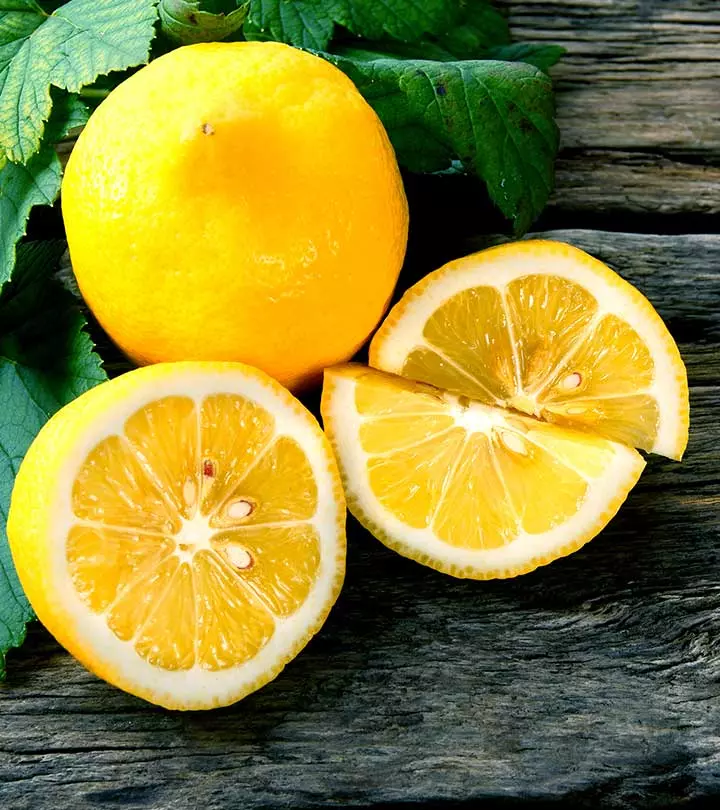

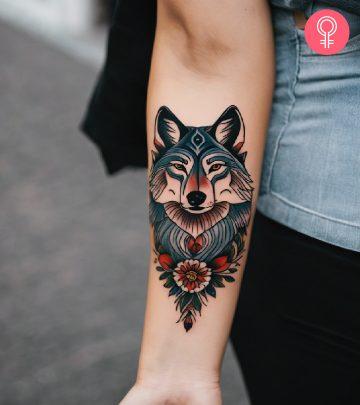
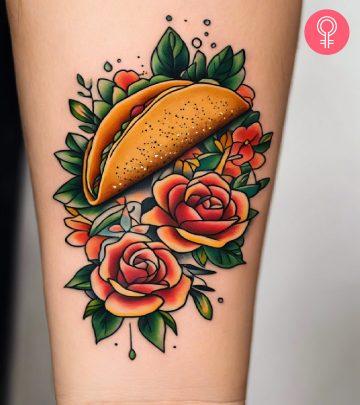
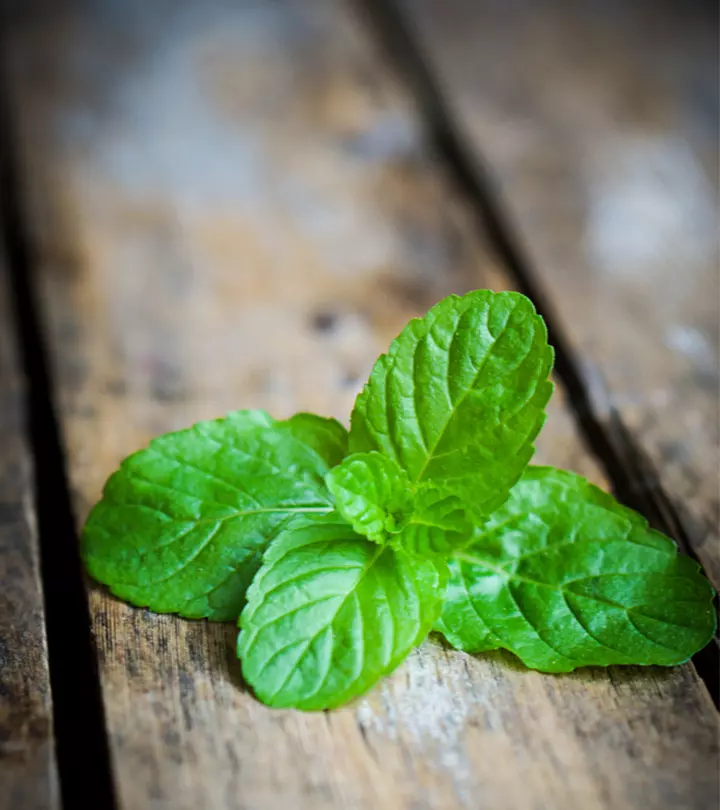

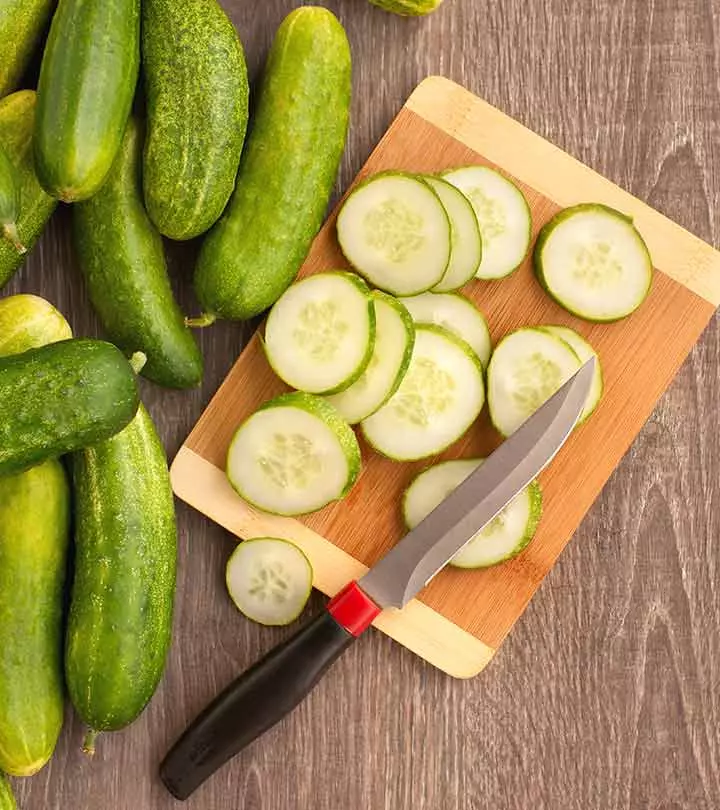
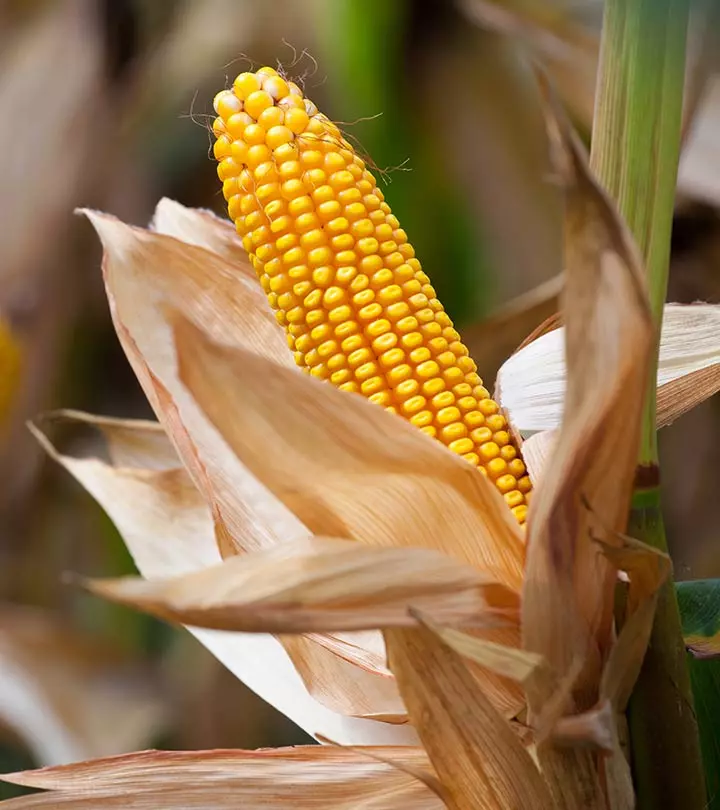
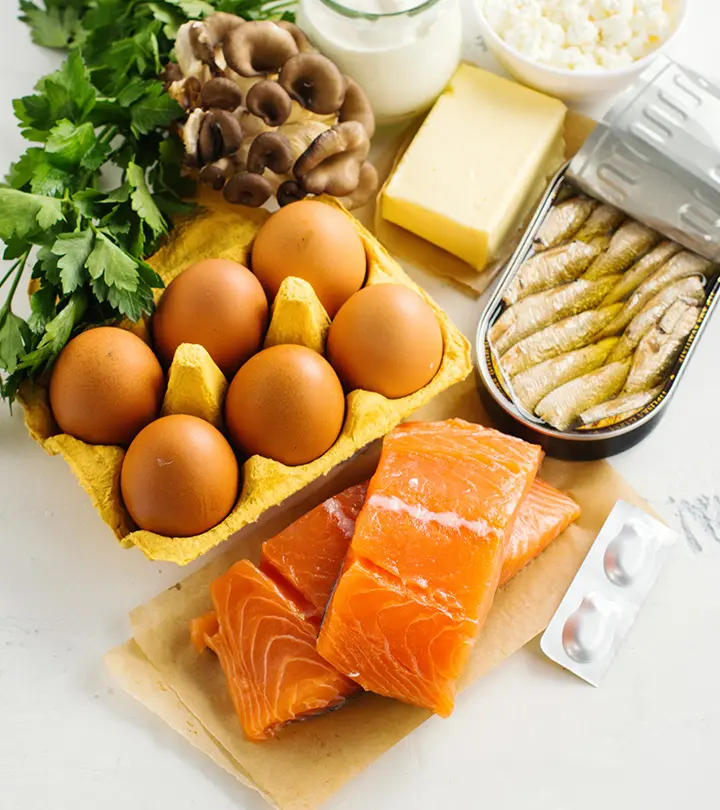
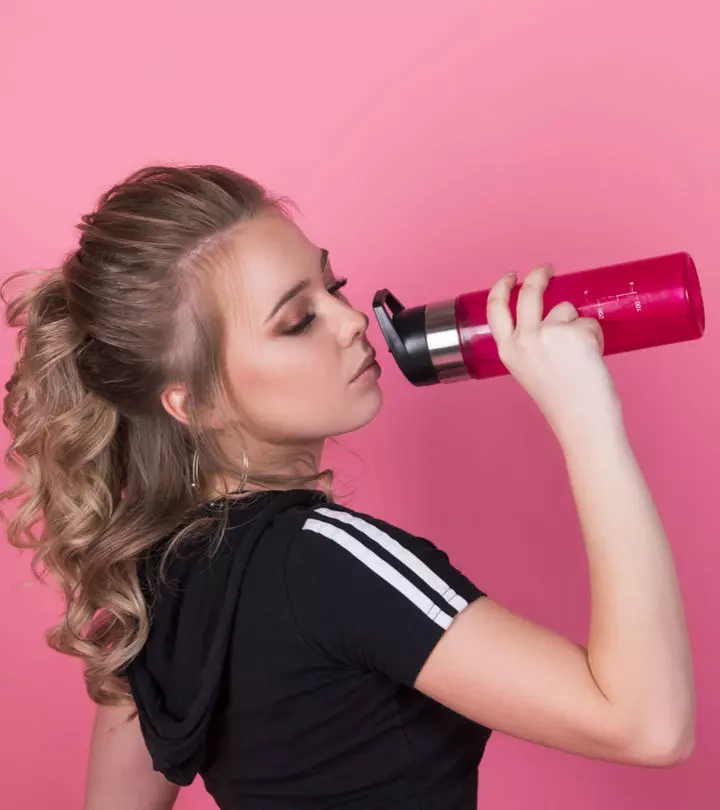
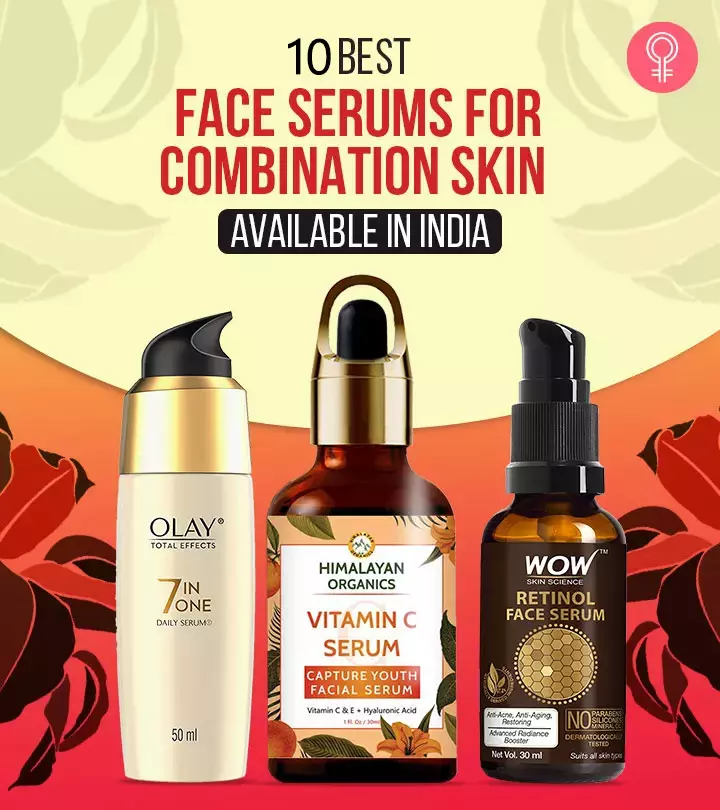
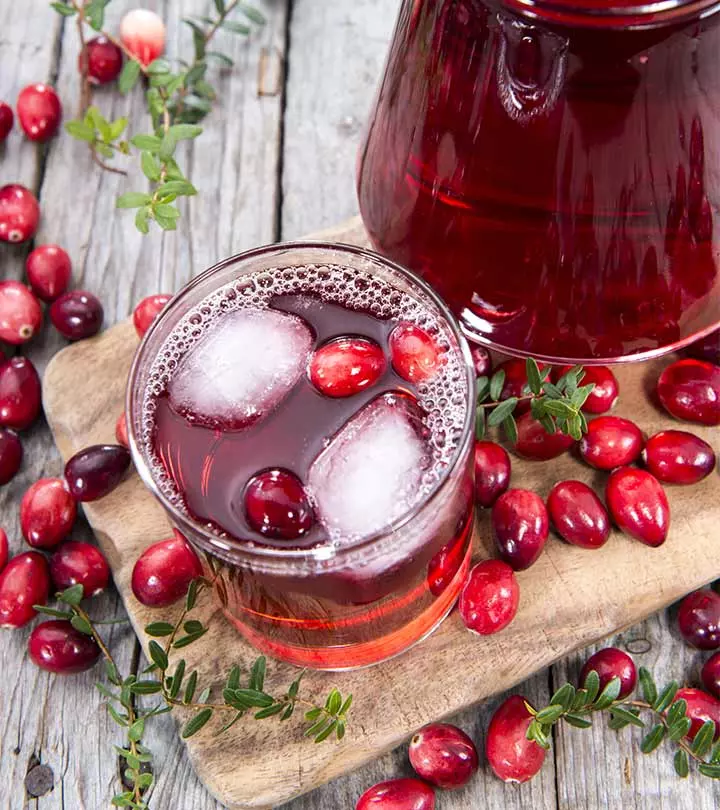


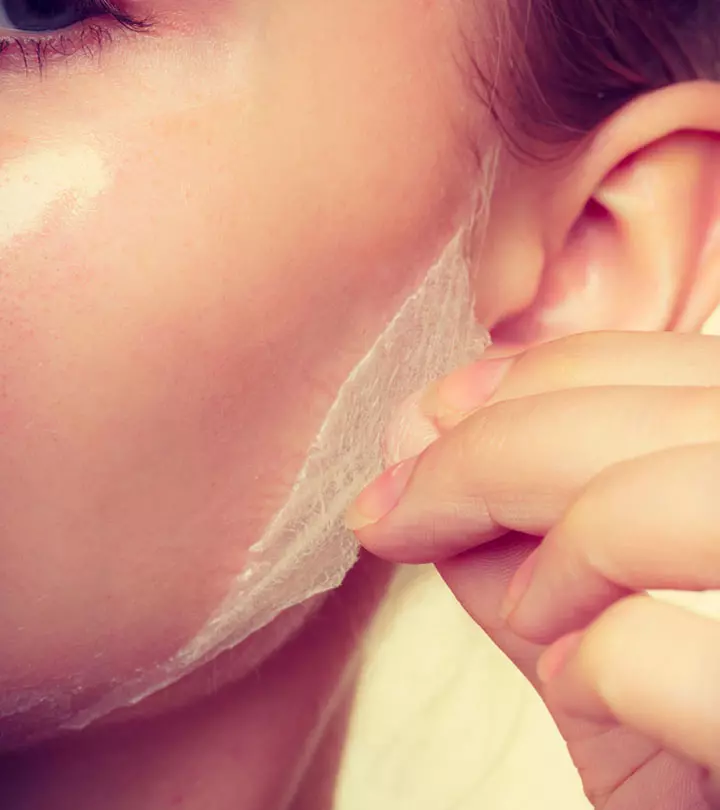

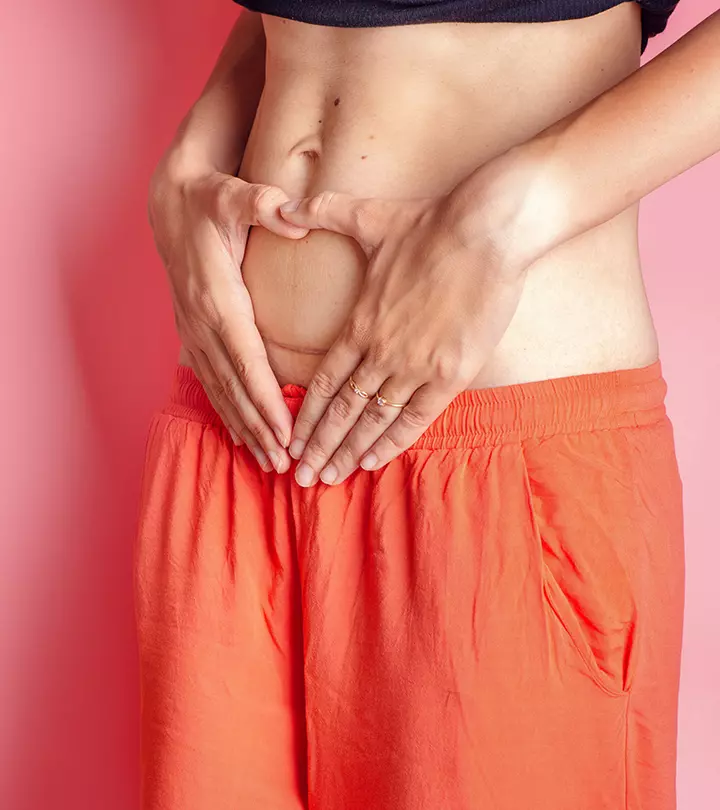
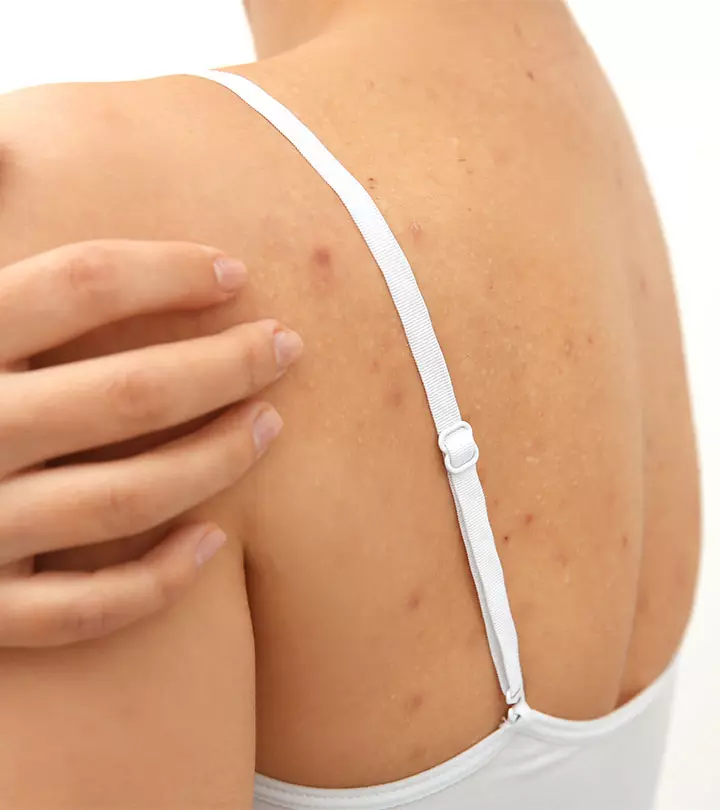



Community Experiences
Join the conversation and become a part of our empowering community! Share your stories, experiences, and insights to connect with other beauty, lifestyle, and health enthusiasts.